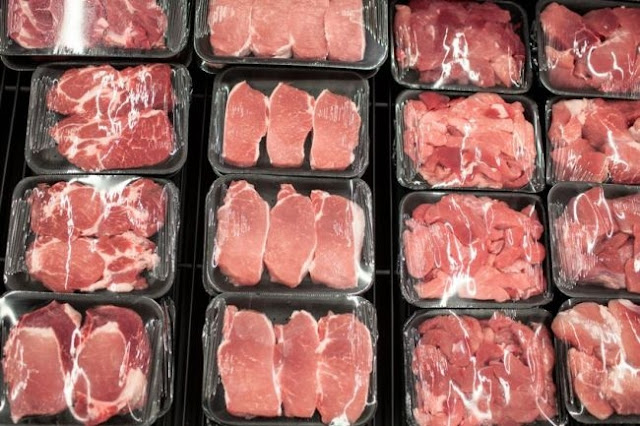[Coffee Scream, Eco-friendly3] Utilizing Biofuel...British buses run on coffee grounds.
- Looking at how they recycle abroad,
- UK/Swiss pays attention to renewable energy raw materials-Contains 15% oil...Use of biofuels in refining
- Revision of the Enforcement Rules of the Resource Recycling Act on Domestic Lines this month
In foreign countries, coffee grounds are attracting attention as a raw material for renewable energy. If coffee grounds containing more than 15 percent of oil are purified, they can be used as biofuels. Biofuels are made up of grains, plants, and livestock waste, and emit about one-thirtieth less carbon dioxide than fossil fuels.
According to the BBC, last November London City supplied part of the double-decker bus with biofuels made from oil extracted from coffee grounds. There is a city bus running on coffee scrap fuel. London's coffee scraps up to 200,000 tons a year. Bio Bean, a startup that makes coffee scrap fuel, is partnering with coffee shops across the UK, including Costa Coffee and Caffe Nero, to collect coffee scraps and have 6,000 liters of biofuel production facilities per year.
In the U.K., Switzerland and other countries, coffee scraps are being recycled by developing them into biofuels. Korea has also decided to revise the Enforcement Rules of the Resource Recycling Act so that coffee scraps will be included in biofuel manufacturing materials this month. The picture shows a typical double-decker bus in England.
Switzerland is also working on biofuel research and establishing a coffee scrap collection system. Nescafe, Switzerland, uses coffee scrap fuel to operate its plant, and coffee fuel accounts for 13 percent of the entire process. Meanwhile, Nestle Innovation Center, which serves as the centerpiece of Nestle R&D, is conducting research on recycling coffee grounds.
Coffee scraps are considered stable biofuels compared to other raw materials due to their excellent heat generation. According to the amount of heat generated by each raw material, the amount of heat generated by coffee scraps was 15.5 (MJ/kg), higher than the amount of pig stock (5.4MJ/kg) and rice straw (13.6MJ/kg). Another strong point is that it can be used anytime, unlike other season-limited grains and other raw materials.
As a result, Korea is busy trying to develop coffee grounds into renewable energy sources. The National Assembly will revise the Enforcement Rules of the Resource Recycling Act this month so that coffee scraps are included in biofuel manufacturing materials, and discuss ways with related industries to revitalize the overall recycling business of recycling.
Rep. Shin Chang-hyun of the Democratic Party of Korea said, "99.8% of the waste is being discarded to extract 0.2% of the coffee. It is urgent to come up with related measures to ensure that more than 100,000 tons of coffee waste can be recycled every year."



Comments
Post a Comment